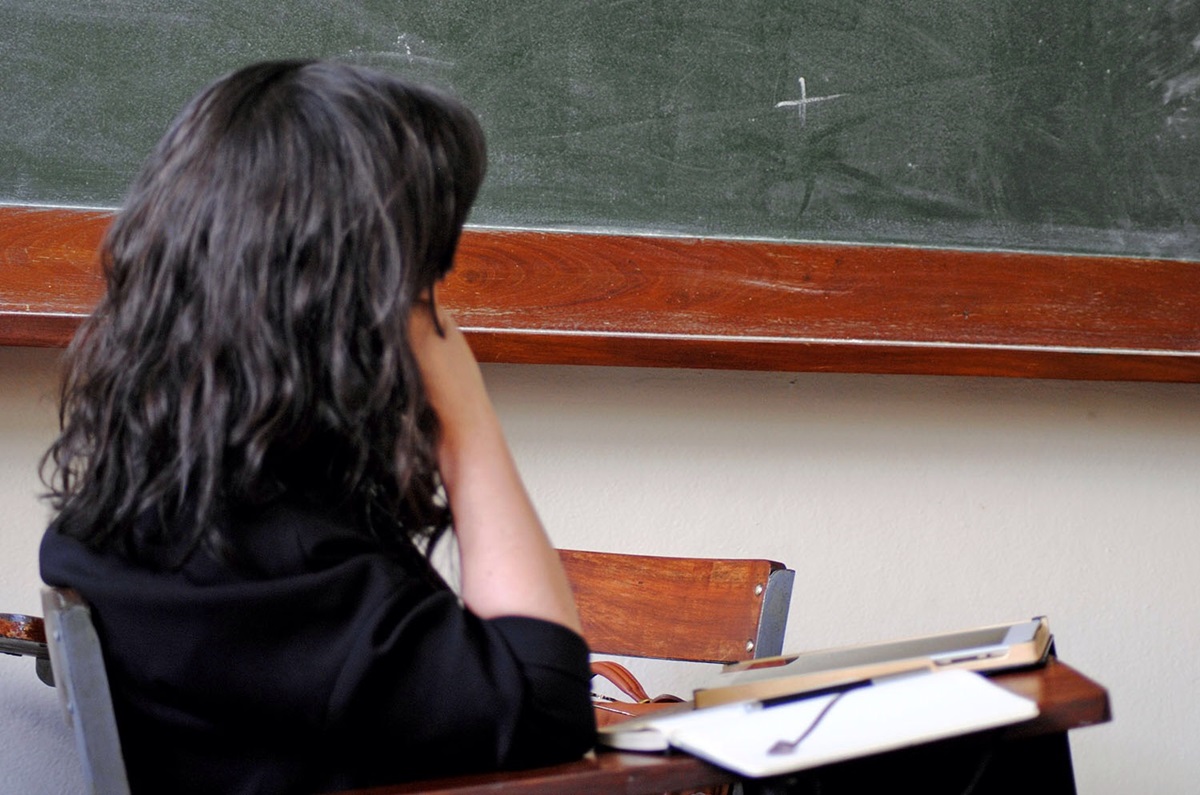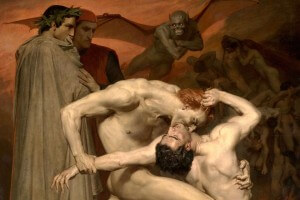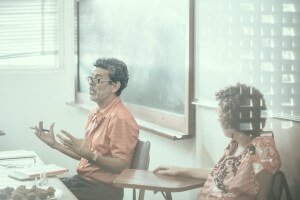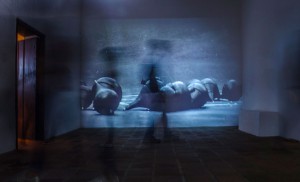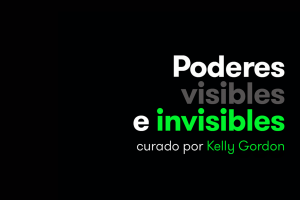Last Tuesday, June 28, Professor Camila Pulgar inaugurated the seminar that we will be leading together in the School of Literature of the Universidad Central de Venezuela. Micropolitics of Creation, Archives, and the Cities of the Future is an ambitious title onto which we project the construction of a particular sketch, starting by reflecting on the work of our arts platform and along with theoretical support, lectures, assignments, visits and encounters with guests involved in the fields of contemporary art and thought.
We were able to realize when we introduced ourselves and talked briefly about what is to come, that the room is full. However, we wish to open the doors to ten listeners (of any trade, school, background, or appetite). Here is what you need to do to be part of that group:
Email us at info@backroomcaracas.com with half a page explaining why you would like to take the seminar.
Deadline for submission: Tuesday, July 5.
Class meets on Tuesdays and Thursdays every week, from 4:00 to 5:30 PM, at the School of Literature of the Universidad Central de Venezuela. Camila Pulgar and Natasha Tiniacos (until August) are facilitating the sessions.
An excerpt from the program:
The student will enjoy two directions whose probable articulations will move her to different urban settings, from where she will raise and demarcate her field of work and research. On the one hand, we will hold discussions framed within the program of Backroom Caracas, which we will excavate, potentially, in terms of the contemporary break and the city that summons us. In the same way, we will generate singularities of creation to investigate and produce content for this art platform, which “emerged in 2013 as a digital publication to contribute to the discernment of the arts from conversations with creators and thinkers… Today …it is a hybrid platform that hosts and shares the work of national and international artists through our program of exhibitions… The fertility of creators and the complex moment of Venezuelan reality is the formula that encourages our projects.” On the other hand, rooting ourselves in our School, we will delve into the archival instinct and the cities of the future.
And some of the bibliography prepared by Professor Camila Pulgar:
-Appadurai, Arjun. «Archive and Aspiration» in Joke Brouwer and Aejen Mulder, eds., Information Is Alive: Art and Theory on Archiving and Retrieving Data. Rotterdam: V2 Publishing / nai Publisher, 2003.
«Benjamin, Walter. Libro de los pasajes. Ed. by Rolf Tiedemann. Madrid: AkalEdiciones, 2005.
-Deleuze and Guattari. Mil mesestas. Capitalismo y esquizofrenia (1980). Trans. José Vázquez.Valencia: Pre-texts, 2000.
-Foster, Hal. «An Archival Impulse» in October 110 (Autumn, 2004), The MIT Press.
The Return of the Real. Cambridge: The MIT Press, 1996.
– Foucault, Michel. La arqueología del saber (1970). Trans. Aurelio Garzón. Mexico: Siglo XXI, 1999.
-Guattari, F. and Rolnik, S. Micropolítica. Cartografías del deseo (2005). Trans. Florencia Gómez. Madrid: Traficantes de sueños, 2006.
-Rancière, Jacques. «The politics of aesthetics.» Online. 16 Beaver Group, May 5, 2006.
-Silva, Armando. Imaginarios urbanos. Bogotá: Tercer Mundo Editores, 2000.
-Spieker, Sven. The Big Archive: Art from Bureaucracy. Cambridge: The MIT Press, 2008.
-___. «The Reconsidered Archive.» Seminar organized by Proyecto Inventoria in Caracas, Los Galpones Art Center, on July 2013.
-___. «Strategies of Self-Archiving in Russia and Eastern Europe Before 1989 and After.» Online. UCSB, Department of Comparative Literature, NYU, June 9, 2015.
-___. «Un-Knowing, Getting Lost, Linking Points in Space: The New Archival Practice.» Online. The Getty Research Institute, November 12, 2012.






